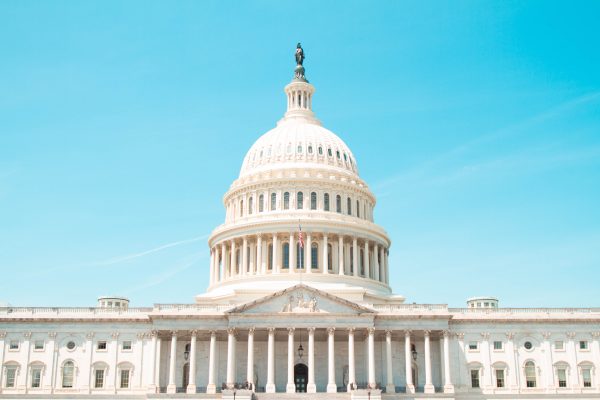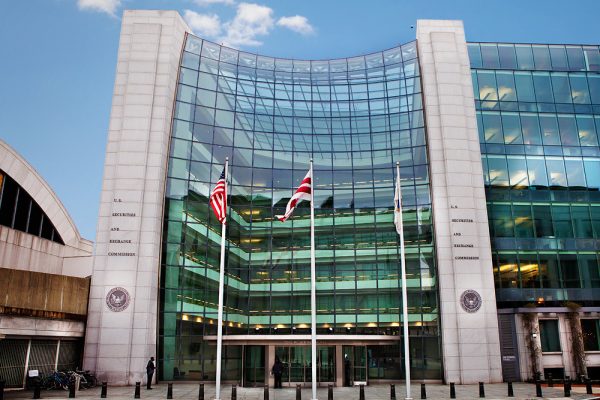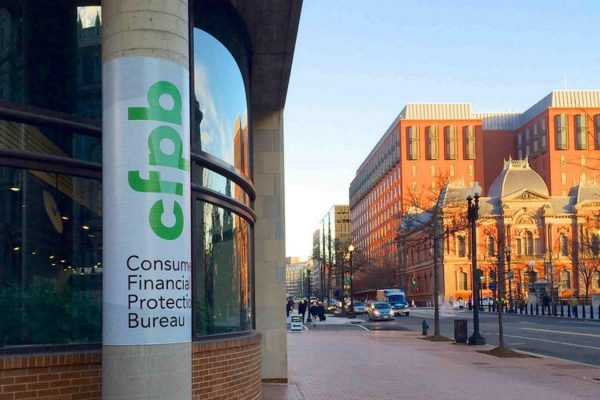Letters to Regulators: Letter to ED on IDR Proposed Rulemaking
AFREF joined a letter to the Dept. of Education applauding the Department for the significant positive impact its proposed changes to the IDR rules could have on student loan borrowers. The proposed rule has the ability to substantially reduce monthly and lifetime payments for millions of borrowers, raise the threshold for protected non-discretionary income, lower the share of discretionary income borrowers have to pay, waive unpaid interest, and decrease time to cancellation.









